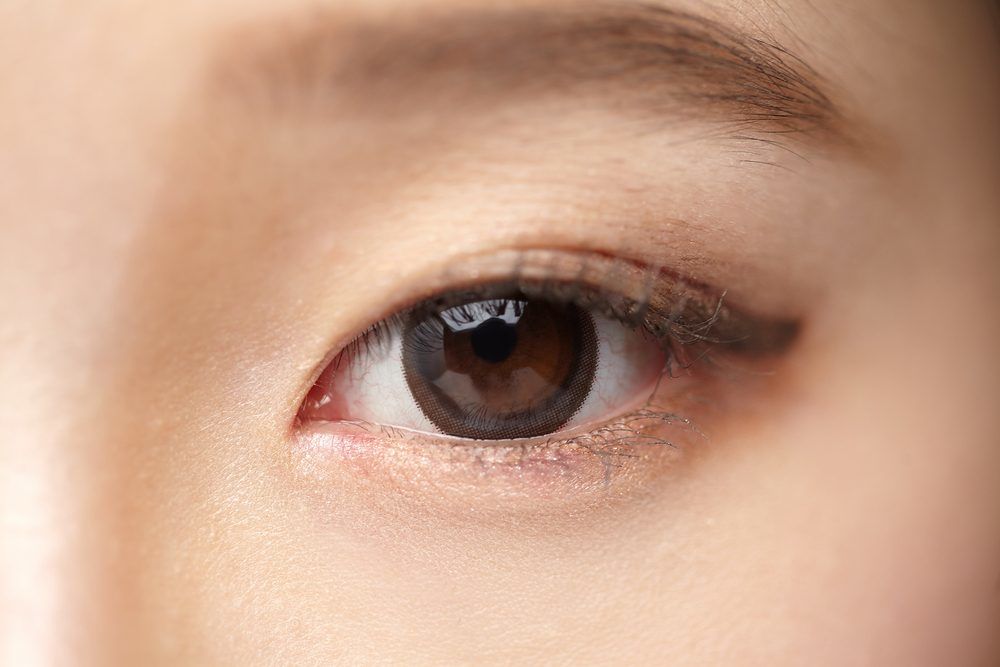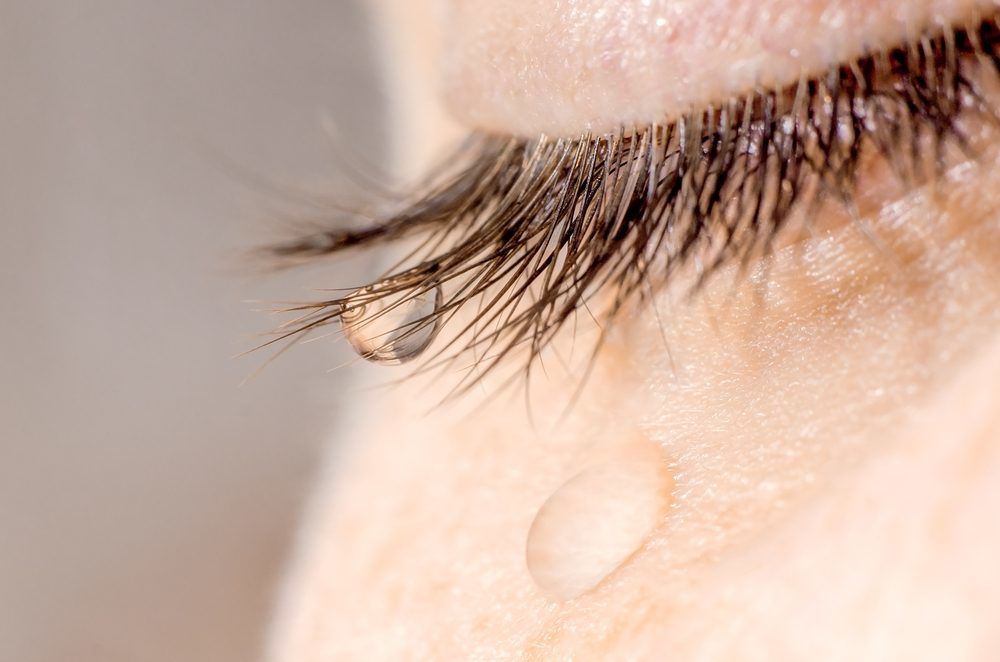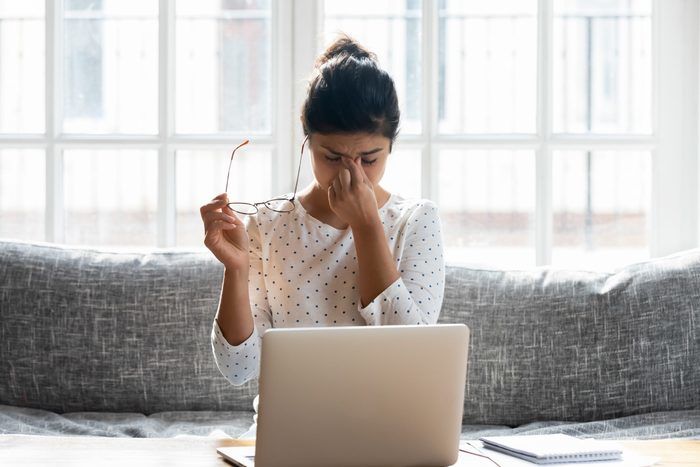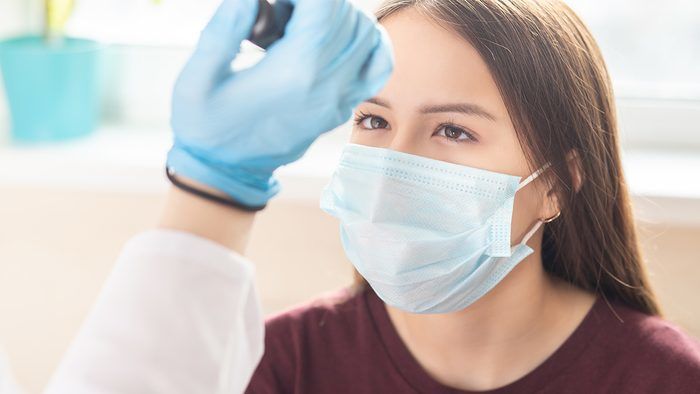
6 Eye Doctor-Approved Ways to Protect Your Eye Health
The importance of eye care
When it comes to vision problems, women are more vulnerable than men. We have higher rates of all three of the top eye diseases: glaucoma (a condition involving damage to the optic nerve), macular degeneration (which degrades central vision) and cataracts (a clouding of the lens of the eye). That’s mainly because they’re age-related diseases, and statistically, women simply live longer. But certain ocular conditions are more common in young women too. “Dry eye, for example, is much more prevalent in women than men,” says Kristen North, an Ottawa-based optometrist. Blame our hormones-tear quality and quantity are connected to fluctuations in the body’s estrogen and testosterone levels, and those happen more in women, especially around pregnancy and post-menopause.
So what can you do to take care of your peepers? We rounded up six guidelines.
Remove makeup before bed
The glands inside your eyelids can get clogged with residue from eyeshadow, liner and mascara. Over time, this can lead to dryness and irritation, and put you at risk of developing a bacterial infection like a sty (similar to a painful boil or pimple). “Nighttime is also when your skin, including the area around your eyes, renews itself, and it can’t do that covered in makeup,” says North.
Stay shady
Much like sunscreen, sunglasses are necessary year-round-even if it isn’t super sunny outside; even if it’s winter. Ultraviolet rays can cause cataracts, worsen your vision, damage the retina (the light-sensing area at the back of the eye) and even cause skin cancer on the eyelids and around the eyes. Sunglasses don’t have to be expensive, but the frames should fit your face properly, feel comfortable and come with a seal that says it blocks 100 percent of UV, so you know they’re covering the full spectrum of the sun’s rays.
Pay attention to your tears
As many as 80 percent of people suffer from some level of dry eyes, says North, and, counterintuitively, if your eyes are watering, you might be one of them. That’s because tears are made of water and oil; when there isn’t enough oil in the mix, our eyes try to compensate by producing more water. A wide range of factors can cause dry eye, such as prescriptions (including some antidepressants and blood pressure meds), having a dry home, wearing contact lenses and even spending extended periods of time reading. Long stretches of screen time are especially problematic, because we slow our blink rate when we’re looking at a computer or tablet. Frequent full blinks are needed to refresh the layer of moisture across the surface of the eye and keep the oil glands functioning properly. “We’ve seen a huge uptick in dry eye in my practice recently because of the amount of increased screen time due to the pandemic,” says North.
Take a break
When you spend too much time on your devices, it gets harder for your eyes to focus on something far away, which contributes to dry eye, tired eyes and headaches. Practise the 20-20-20 rule: Every 20 minutes, take a 20-second break and look at something at least 20 feet away. If you’re in WFH mode, that can mean just looking out the nearest window.
You should also make sure your computer has a good ergonomic set-up and the screen is not too bright. “A lot of people find damping the brightness-adjusting the brightness itself, adding a reflection protector to the screen or using a blue light filter in their glasses-does help ease some of the eye strain,” says North.
See your eye doc
Regular exams with an optometrist will not only keep the health of your eyes in check, but it can also help catch other issues early on. “The eye is the one area of the body where we can easily see the whole circulation system, the arteries and the veins,” says North. That means your eye doctor can detect signs of diseases like diabetes, high blood pressure and high cholesterol.
The Canadian Association of Optometrists recommends a full exam every two to three years for most adults up to age 39, every two years for those between 40 and 64, and annually after that. (If you have high risk factors such as high blood pressure, diabetes or a family history of eye disease, your doctor might want to see you more often.)
Did you know? Pregnancy can cause temporary fluid retention and inflammation in your eyes. If you’re a new mom who wears glasses, get your eyes checked-it’s not uncommon to experience a permanent change in your prescription postpartum.
Eat well
A balanced diet goes a long way toward preserving the health of your eyes, says North. “I prefer if someone can get all their nutrients through food, but if you can’t, supplements are definitely helpful,” she says. “Vitamin D, the antioxidant vitamins, omega-3 and lutein are my top recommendations.”











